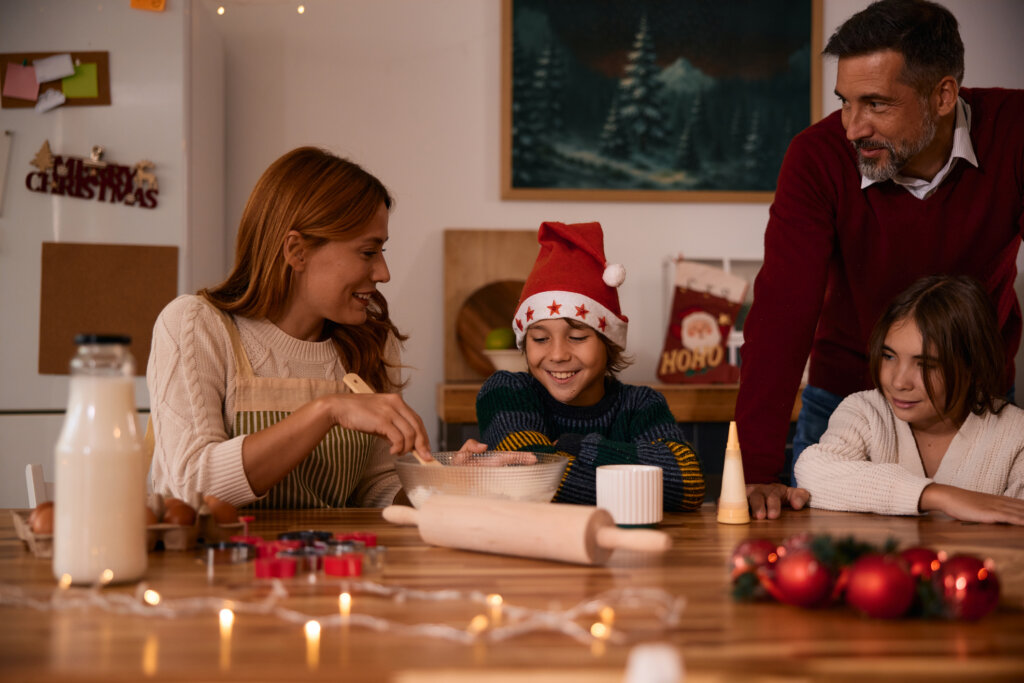
While some of us (adults and kids) naturally find math fun, others may be looking for ways to spice up the subject at home. Here are a few ideas!

Make it a game.
Whether it’s old-school card and board games (my younger daughter chose Yahtzee for Family Game Night a few weeks ago, and learned a lot), a puzzle or something more high-tech, many kids are drawn into hands-on activities, especially when there’s an element of competition with a parent or sibling.

Put screens to work for you.
We know how much kids love their devices, and there are tons of apps and games that help reinforce and teach Math concepts. I did a quick Twitter call for suggestions and parents raved about games like Prodigy, Mathville and Dreambox. I’m also a big fan of IXL for practising skills.

Show them the relevance
Kids are turned off when they don’t see a purpose for what they’re learning, so it’s important to constantly show them how math is useful in real life. Involve them in activities like cooking and baking (remember our little Canadian kids need to use metric measurement), telling time, checking temperature and using money. Little ones can sort coins, older ones can help estimate the grocery bill while shopping.

Watch your words
Parents may try to be helpful by saying “I was never good at math”, or “You take after me”, but instead encourage kids to embrace challenges and see the fun in growing their brains. On a related note, I’m not a big fan of the word “drill” (though it’s an important aspect of learning math), as it makes me think of home repair and dental work. “Practice” seems much more positive, and kids can connect that to sports and other areas where they know they have to put in the work to see results.

Access one of the best resources you have – your child’s teacher!
A lot of the math programs I pull from at school have suggestions for games and ideas that can be sent home (most recently a “Rotating Spoons” game to play at the dinner table to work on quarter, half, and three quarter turns), but I often pass because I don’t want to overwhelm families. If you’re looking for something to use to reinforce what’s being taught at the moment, don’t hesitate to ask the teacher if he or she has any ideas. I’m also happy to loan out manipulatives that families may not have, like teaching clocks, miras, base ten blocks and geometric solids – as long as I know they’ll be returned!

Connect Math and Language
If your avid reader is a reluctant mathematician, literature may provide some inspiration. Greg Tang’s books are very popular, and there are picture books and nonfiction texts to support many different math concepts. To complement our study of time this year a parent donated Me Counting Time (Joan Sweeney) and Get Up And Go! (Stuart J. Murphy) which the kids love.
With a bit of enthusiasm on your part (fake it if you have to!) these suggestions should help your child to enjoy learning math even more!

Math Literacy
The process of developing literacy skills is fairly well known. First we learn sounds, then letters, then how the letters and sounds make words…and along the way we learn what it all means and how to make sense of our written language.
[raw][button href=”https://oxfordlearning.com/what-does-math-literacy-mean/” link=”” class=”teriary margin-b-0″]Find Out What It Means And Why It’s Important[/button][/raw]




